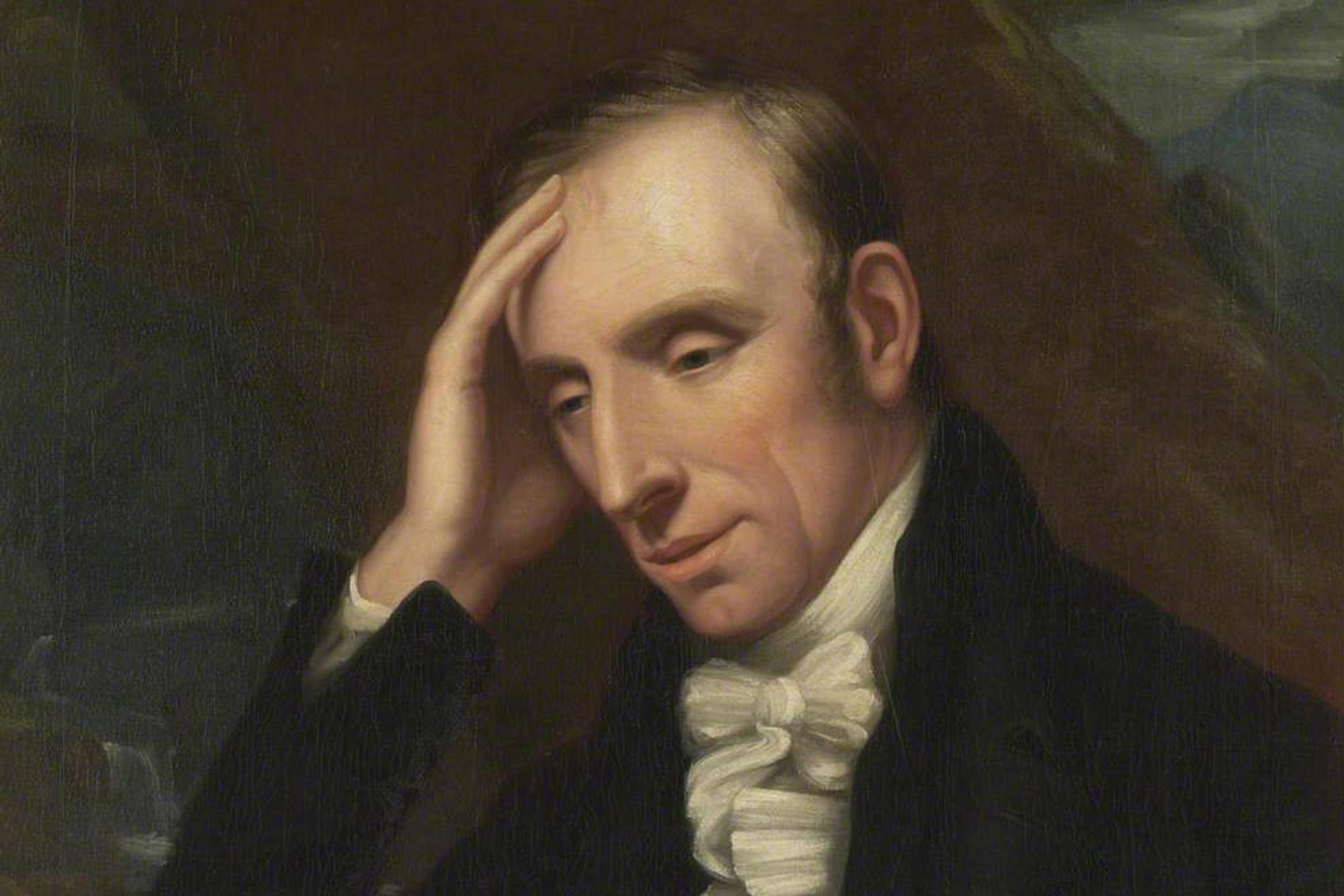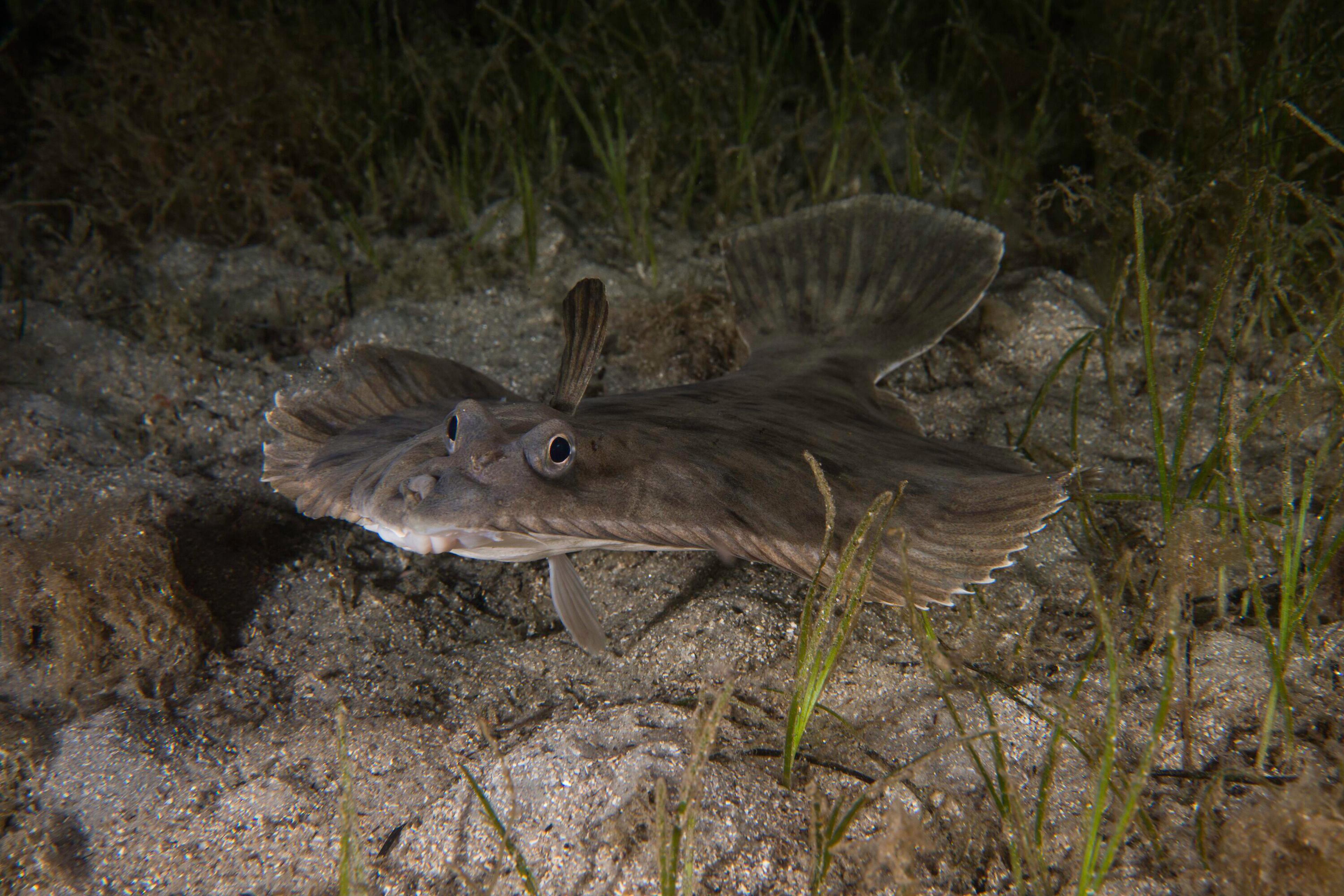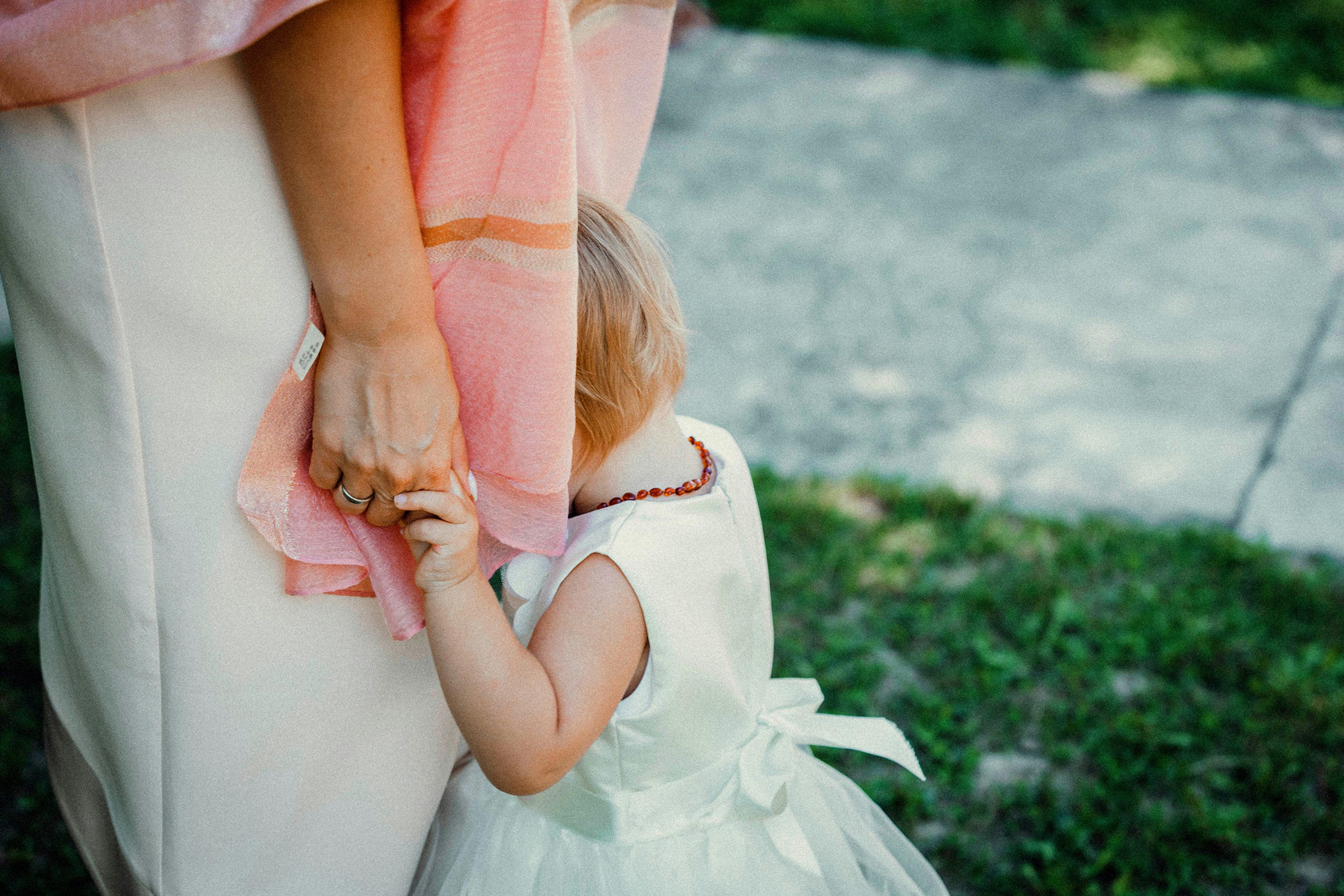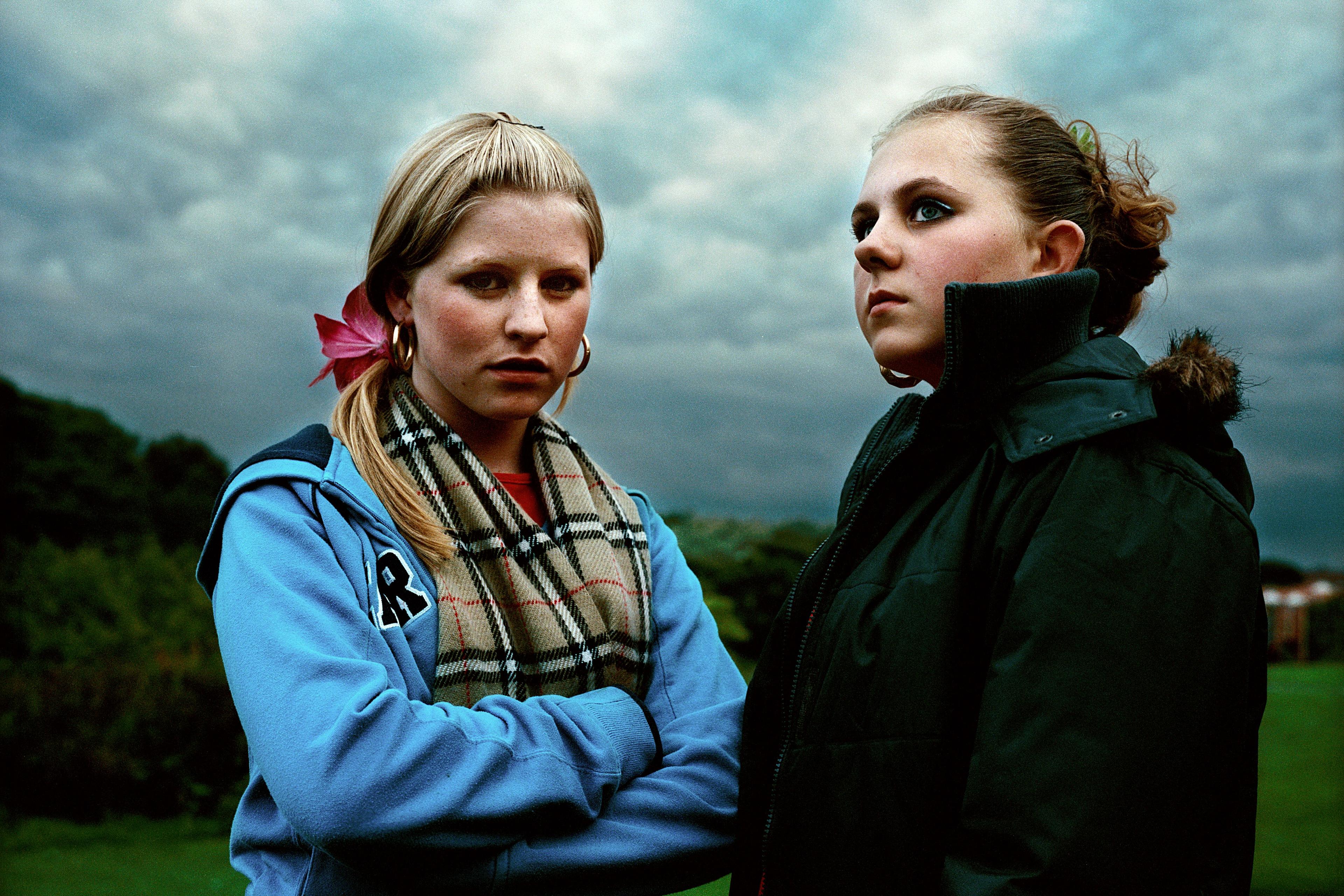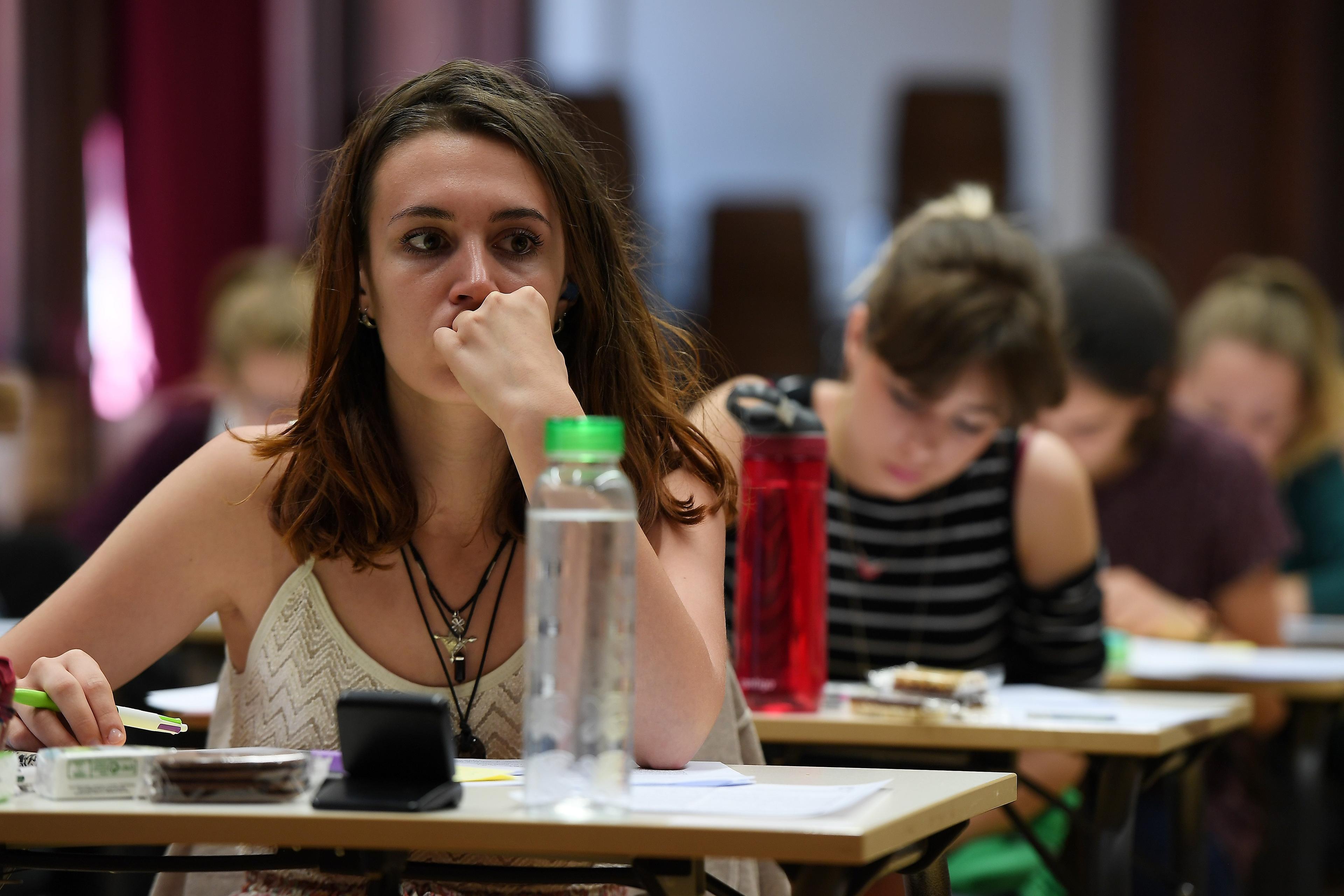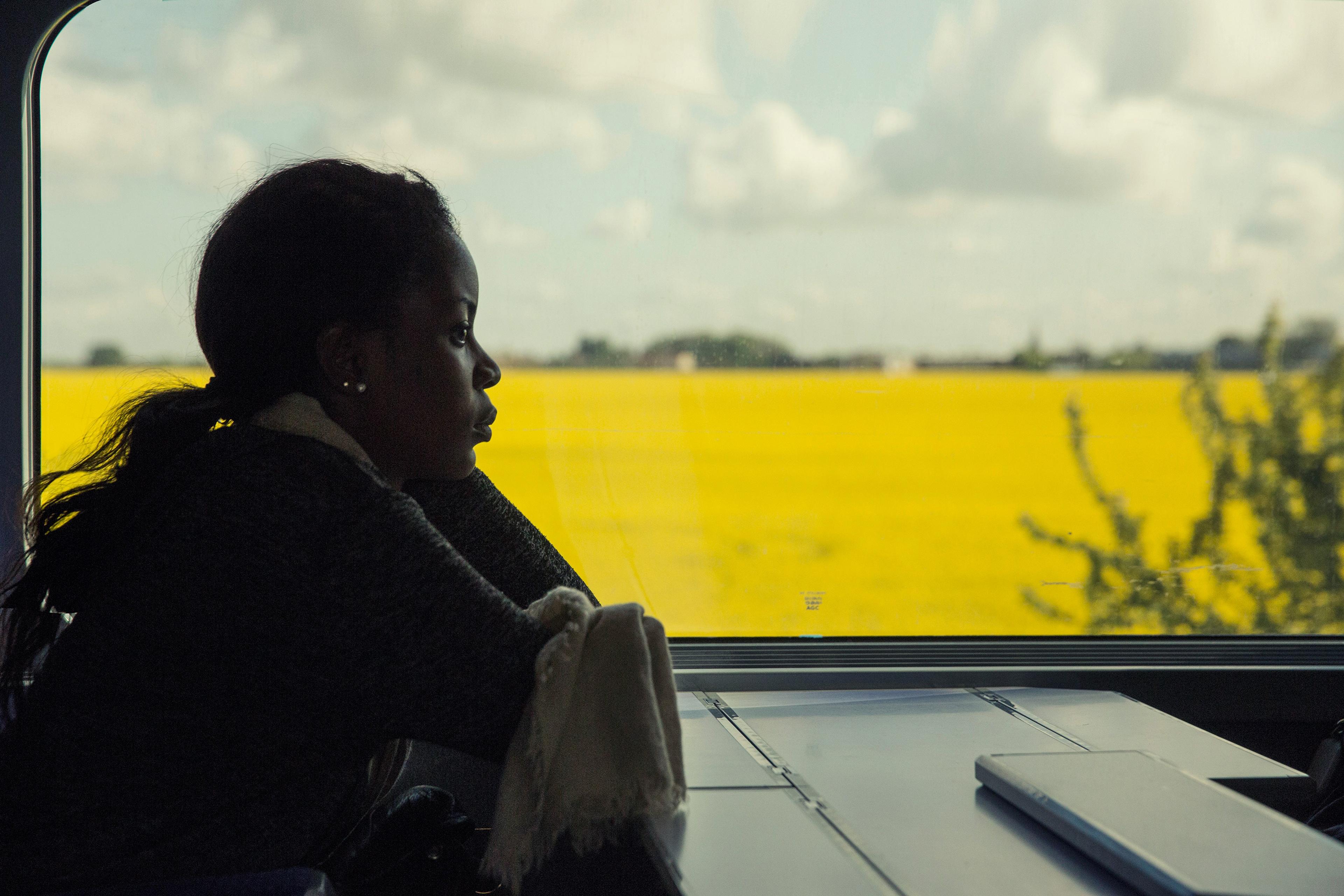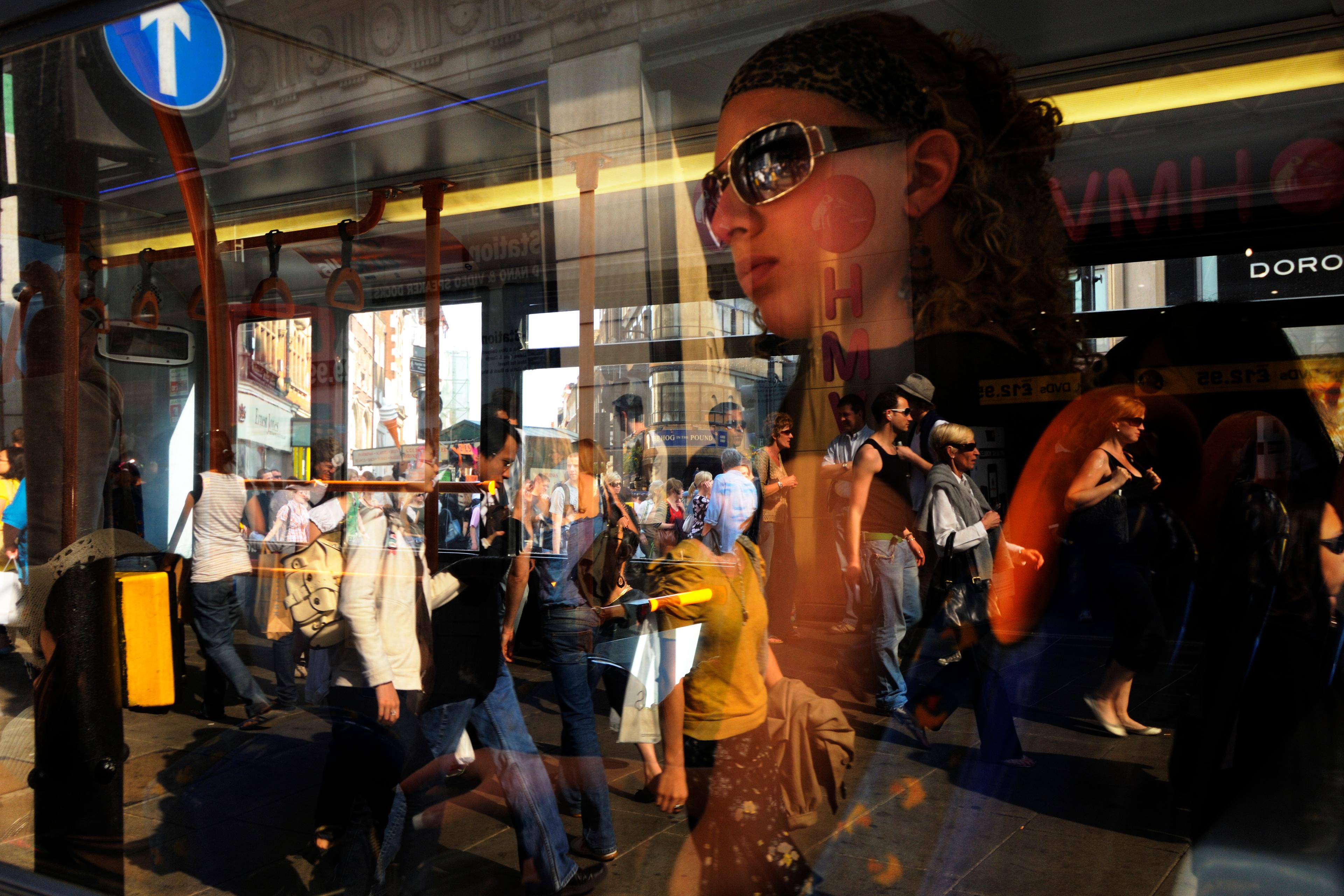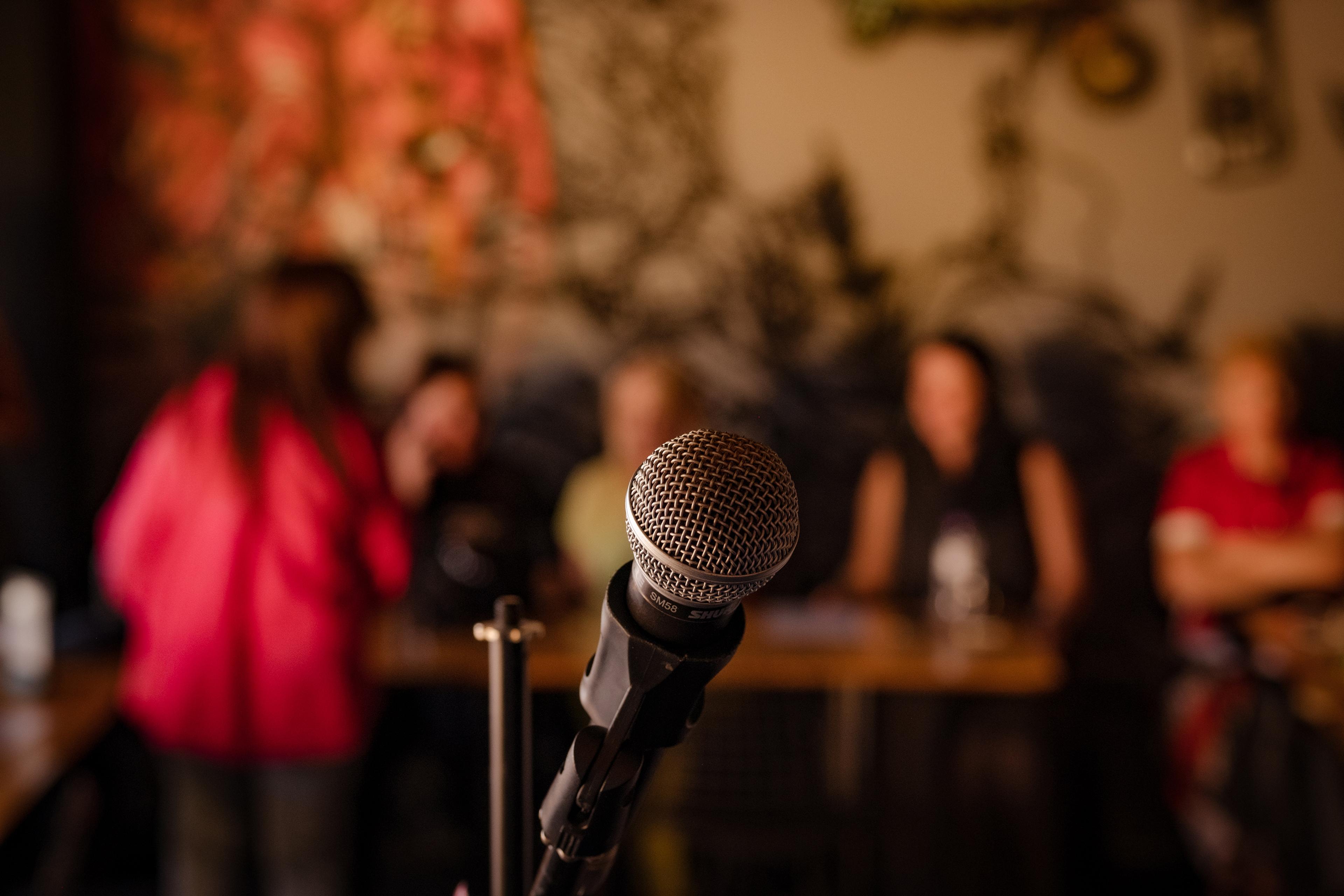Just breathe! When you’re gripped by anxiety, hearing this well-intentioned advice can be infuriating. Compared with the power of my body’s fight-or-flight response, the notion that I can find calm by tuning into my breath feels almost fanciful.
But recently I came across a study in Scientific Reports that caught my eye because it showed that slow breathing makes a difference not just to how people feel, but to their brain activity. The results have increased my confidence that breathing can make a meaningful difference.
The researchers set things up so their participants either knew they’d be exposed to horrible images (such as pictures of injuries and scary animals) or they thought there’d be a chance they might be – this latter condition acted as a simulation of ‘anticipatory anxiety’, like when you have a dentist appointment and you’re not sure if you might need a horrible procedure.
Anticipatory anxiety increased the aversive impact of the images – both in terms of how bad the participants felt after looking at them, and in terms of the electrical activity in their brains, specifically in the beta-frequency range that’s known to be amplified when we’re stressed or worried.
Crucially, however, the effects of anticipatory anxiety on subjective feelings and brain activity were dulled if the participants engaged in 30 seconds of slow breathing (six seconds in, six seconds out) before the task. In fact, after slow breathing, the participants had lower beta brain activity in the anxiety condition than they had in the non-anxiety condition after normal breathing (two seconds in, two seconds out).
It’s a small study and it’s long established that neuroscience findings can be seductive, so I’m wary of being overly gullible. But I thought the design was clever. It showed that, while anxiety can intensify our difficult experiences, a simple, slow-breathing technique can mitigate these effects.


